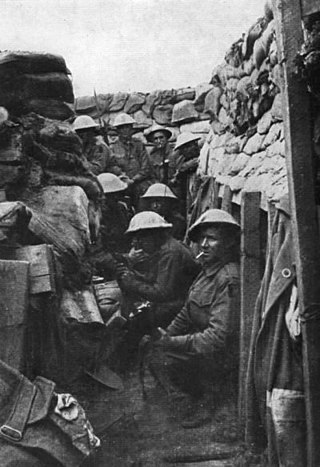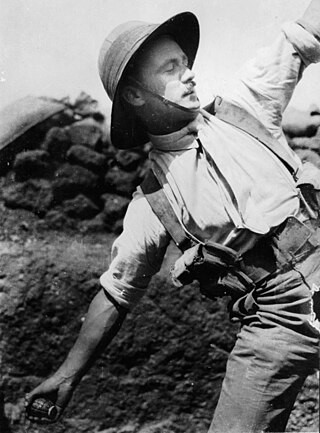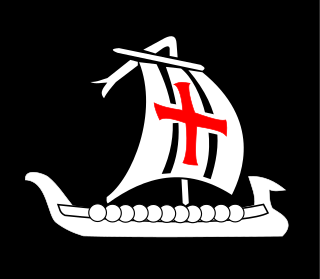| 45th Army Corps | |
|---|---|
| Country | |
| Allegiance | Imperial Russian Army |
| Engagements | World War I |
The 45th Army Corps was an Army corps in the Imperial Russian Army. [1]
| 45th Army Corps | |
|---|---|
| Country | |
| Allegiance | Imperial Russian Army |
| Engagements | World War I |
The 45th Army Corps was an Army corps in the Imperial Russian Army. [1]
The British Expeditionary Force (BEF) was the six divisions the British Army sent to the Western Front during the First World War. Planning for a British Expeditionary Force began with the 1906–1912 Haldane Reforms of the British Army carried out by the Secretary of State for War Richard Haldane following the Second Boer War (1899–1902).

The I ANZAC Corps was a combined Australian and New Zealand army corps that served during World War I.

The II ANZAC Corps was an Australian and New Zealand First World War army corps. Formed in early 1916 in Egypt in the wake of the failed Gallipoli campaign, it initially consisted of two Australian divisions, and was sent to the Western Front in mid-1916. It then took part in the fighting in France and Belgium throughout 1916 and 1917, during which time it consisted of New Zealand, Australian and British divisions. In November 1917, the corps was subsumed in to the Australian Corps, which concentrated all five Australian infantry divisions. After this, the corps was reformed as the British XXII Corps.

The British Salonika Army was a field army of the British Army during World War I. After the armistice in November 1918, it was disbanded, but component units became the newly formed Army of the Black Sea, and General Milne remained in command.

The 17th (Northern) Division was an infantry division of the British Army, a Kitchener's Army formation raised during the Great War.
An army group is a military organization consisting of several field armies, which is self-sufficient for indefinite periods. It is usually responsible for a particular geographic area. An army group is the largest field organization handled by a single commander – usually a full general or field marshal – and it generally includes between 400,000 and 1,000,000 soldiers.

The 21st Division was an infantry division of the British Army during World War I, raised in September 1914 by men volunteering for Lord Kitchener's New Armies. The division moved to France in September 1915 and served on the Western Front for the duration of the First World War. The divisional insignia was the "triple-seven".

The 41st Division was an infantry division of the British Army, raised during the First World War as part of Lord Kitchener's New Armies. The division saw service on the Western Front and later on the Italian Front.

V Corps was an army corps of the British Army that saw service in both the First and the Second World Wars. It was first organised in February 1915 and fought through the First World War on the Western front. It was recreated in June 1940, during the Second World War and was substantially reorganised in 1942 for participation in Operation Torch. It fought through the Tunisia Campaign and later the Italian Campaign.

The Allied leaders of World War I were the political and military figures that fought for or supported the Allied Powers during World War I.

The Romanian Front was an army group level command of the Imperial Russian Army and the Romanian Army during the First World War.
The Russian Special Army was a World War I Russian field army that fought on the Eastern Front.

The leaders of the Central Powers of World War I were the political or military figures who commanded or supported the Central Powers.
The 13th Army Corps was a corps of the Imperial Russian Army, formed in the 1870s. The corps fought in the Russo-Turkish War and World War I, and was disbanded with the collapse of the Imperial Russian Army after the Russian Revolution. During peacetime, it was stationed in the Moscow Military District.
The 25th Army Corps was an Army corps in the Imperial Russian Army.
The 46th Army Corps was an Army corps in the Imperial Russian Army.
The 50th Army Corps was an army corps in the Imperial Russian Army during World War I.
The 1st Cavalry Corps was a cavalry corps in the Imperial Russian Army.

The 3rd Cavalry Corps was a cavalry corps in the Imperial Russian Army.
The 5th Cavalry Corps was a cavalry corps in the Imperial Russian Army.